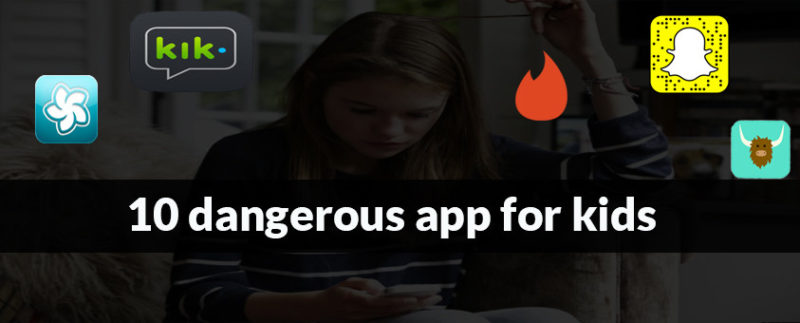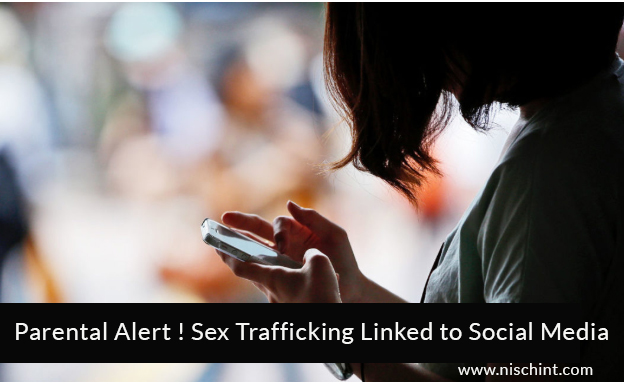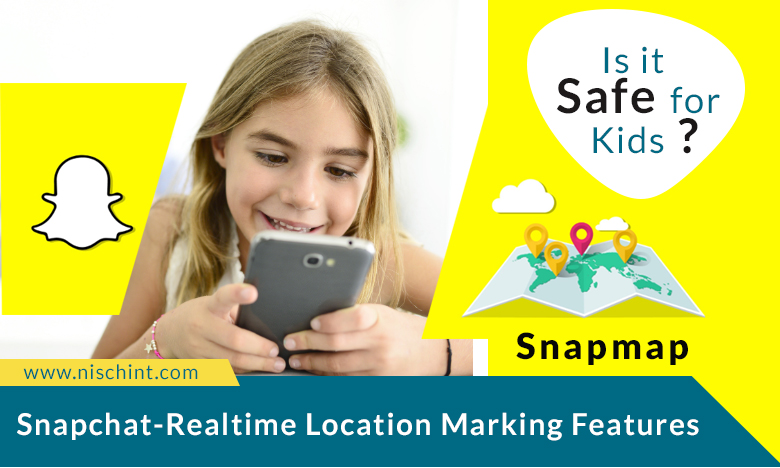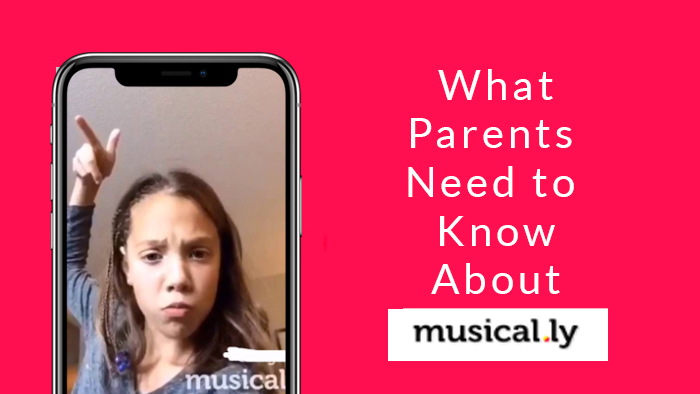Technology is a beautiful thing. Social media and smart devices are part of our daily lives and the apps we install on them makes them invaluable. There are literally millions of apps available and among them, there are few dangerous apps.
You may be thinking your kids are downloading apps because they are just a simple way for them to keep in contact with their friends. This is certainly true for most kids, but unfortunately, even innocent use of most of these apps can land a kid in a situation he/she never intended to be in. Here are some potentially dangerous apps that are popular among kids:
1. Snapchat
Snapchat is one of the most popular apps today and probably one of the dangerous apps used by teens. In fact, even celebrities use it. This app allows a user to send photos and videos to anyone on his/her friend list and make it available to a recipient for a specific time. After that time limit is up, the picture/video automatically disappears forever.
Why Dangerous: It is the #1 app kids use for sexting, mostly because they feel like they can “sext” or send inappropriate pictures without consequences because the image will self-destruct automatically. However, the “photos” can easily be recovered and the receiver can take a screenshot and share it with others. Also, many users post a lot of images from Snapchat to revenge porn sites, called “snap porn”.
2. Yik Yak
This App is one of the most dangerous apps. It allows users to post text-only “Yaks,” or messages, of up to 200 characters. The messages have no filter and the 500 Yakkers who are closest to the person who wrote the Yak, as determined by GPS tracking can view the messages
Why Dangerous: Users are exposed to and contributing to sexually explicit content, abusive language, and personal. Although the posts are anonymous, kids start revealing personal information as they get more comfortable with other users. This app is the perfect channel for the kinds of bullies who hide behind a screen, hurting other people behind a shield of anonymity.
3. Whisper
This is a meeting App that encourages users to post secrets and also allows you to chat with other users in your geographic area. It displays the area you are posting from and you can search for users posting within a mile from you.
Why Dangerous: Sexual predators can use it to lure trusting and innocent kids to meet up with them. Many children are drawn to communicating with strangers, feeling that their secrets are safer with them than with their friends. Also, users do not have to register to use Whisper and can use the app to communicate with other users nearby through GPS. This app is a perfect tool for ill-intentioned strangers looking to connect with young people because it allows you to exchange messages with people nearest to you (so anonymity can be easily lost). One man in Seattle, Wash., was charged with raping a 12-year-old girl he met on this app in 2013.
4. Kik Messenger
Kik is a messaging app that allows a user to send pictures, videos and other multimedia contents to another person without leaving a log on his phone. This app also allows users to identify themselves by a made up username
Why Dangerous: Makes it easier for your child to talk to strangers without your knowledge since it doesn’t leave a log. Children also think they can “sext” without parents finding out. Kids use Reddit and other forum sites to place classified ads for sex by giving out their Kik usernames. Also, Kik does not offer any parental controls and there is no way of authenticating users, thus making it easy for sexual predators to use the app to interact with minors
5. Blendr
A flirting app used to meet new people through GPS location services. A user can send private messages, photos and videos to another person within his area.
Why Dangerous: The app doesn’t use any authentication rules to verify a person’s identity or age, so sexual predators can contact minors, minors can meet up with adults. And again, the sexting.
6. Tinder
Tinder is a mobile dating app. It allows users to find and hook up with potential partners via GPS location tracking. When they think someone is attractive they can “flag” the image. If that person has also “flagged” them in return, the app allows you to contact them.
Why Dangerous: It is easy for adults and minors to find one another. Aside from its threat to your kid’s safety, Tinder also creates the impression that good looks are essential in connecting with other people.
7. Poof
Hides other apps on your phone. You select which apps you would like to hide and their icons will no longer show up on your smartphone screen. Kids can hide any app they don’t want you to see by opening the app and selecting other apps.
Why Dangerous: Scary, right? ! The good news about this App is it is no longer available, which isn’t uncommon for these types of dangerous apps. But, if it was downloaded before it became unavailable, your child may still have it. Keep in mind that dangerous apps like this are created and then terminated pretty quickly by Android and Apple stores. But there are similar ones being created constantly. Some other names include Hidden Apps, App Lock and Hide It Pro.
8. Omegle
This App has been around since 2008, with video chat added in 2009. When you use Omegle you do not identify yourself through the service. Chat participants are only identified as “You” and “Stranger”. You don’t have to register for the App. However, you can connect Omegle to your Facebook account to find chat partners with similar interests. When choosing this feature, an Omegle Facebook App will receive your Facebook “likes” and try to match you with a stranger with similar likes.
Why Dangerous: There is a high risk of sexual predators using this app. They use this app to find kids and collect personal information in order to track them down more easily in person. Experts say these predators blackmail young children, by starting inappropriate conversations with them, then threatening to send the messages, photos, or videos to their parents if they tell anybody, therefore trapping the child in a disgusting, dangerous situation.
9. Down
This app which is known as Bang With Friends among teens is connected to Facebook. Users can categorize their Facebook friends in one of two ways. They can indicate whether or not a friend is someone they’d like to hang with or someone they are “down” to hook-up with.
Why Dangerous: The slogan for the App: “The anonymous, simple, fun way to find friends who are down for the night”. If that alone doesn’t scare you, I don’t know what will!
10.Ask.fm
This app allows users to ask a specific person anonymous questions. Users can answer these questions and posts them on their personal page, truly leaving nothing to the imagination. Ask.fm is one of the most popular social networking sites that almost all kids use exclusively.
Why Dangerous: This is especially one of the dangerous apps because it allows any user to target a specific person anonymously. Bullies, predators, and more can send anonymous messages to a specific person, asking them inappropriate things or even simply making the hurtful statement.
I know it’s overwhelming to keep up with your kids and their online habits. But just remember to check their phones often and even more importantly have real life conversations with them. Setting technology boundaries and monitoring their online behavior can be effective if you have a strong foundation to build on. You can use parental control app like Nischint for monitoring your child’s device. When you find these apps on your kid’s device, don’t delete them. You should rather be very clear in explaining to your child why you need to uninstall them. They should understand the importance of safety and the dangers of these apps. Your ultimate goal is to raise an individual who can manage his/her online and offline behavior in a healthy way because he/she wants to.
Other than deleting and explaining, you should also follow these things:
- You can set age restrictions on your kid’s device to make sure they’ll only be downloading apps suitable for their age.
- Monitor the apps on your kid’s smartphone using Nischint.
- Disable GPS feature in the device and make sure the camera isn’t turned on.
- Set screen-time and teach your kid about responsible use of technology.
Nischint is a parental control solution whose prime focus is to create a safe digital environment for children today. We help children learn how to use their devices responsibly. We also provide parents with the ability to monitor their child’s lives online. With Nischint parents can schedule app and device usage. This helps children to focus while they are at school/studying/playing and they get to experience the best of both worlds.










